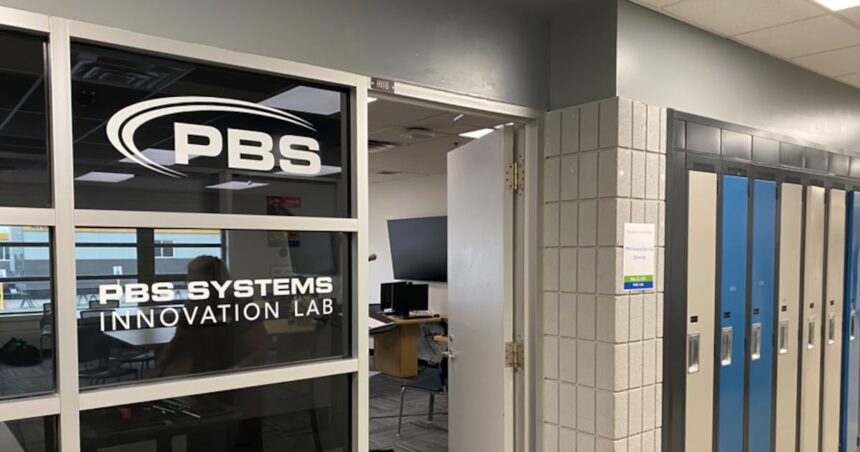A cutting-edge automotive innovation laboratory unveiled this week at Georgian College in Barrie marks a significant leap forward for automotive education in central Ontario. The new facility, representing a multi-million-dollar investment in advanced technology, promises to revolutionize how future automotive technicians train for an industry undergoing rapid transformation.
“This isn’t just another classroom—it’s a gateway to the future of automotive technology,” said Dr. MaryLynn West-Moynes, President and CEO of Georgian College, during the ribbon-cutting ceremony. “Students will now have hands-on experience with the same advanced diagnostic equipment and systems they’ll encounter in tomorrow’s workplaces.”
The 10,000-square-foot facility features state-of-the-art equipment including electric vehicle servicing stations, advanced diagnostic computers, and augmented reality training systems. What sets this lab apart is its integration of traditional mechanical training with cutting-edge digital technology—reflecting the automotive industry’s ongoing evolution toward electric and hybrid vehicles.
Industry partnerships played a crucial role in bringing this project to fruition. Major automotive manufacturers including Ford, General Motors, and Honda contributed both equipment and curriculum expertise to ensure graduates possess skills directly aligned with industry needs. The Ontario government also provided substantial funding through its Skills Development Fund, recognizing the critical importance of preparing workers for emerging technologies.
According to industry statistics from the Automotive Industries Association of Canada, the automotive sector faces a projected shortage of over 17,000 qualified technicians nationwide by 2025. This shortage becomes particularly acute when considering specialized skills needed for electric vehicle maintenance and advanced driver assistance systems.
“The timing couldn’t be better,” noted Janet Smith, regional director for the Automotive Retailers Association. “With electric vehicle adoption accelerating across Canada, we’re seeing a desperate need for technicians who understand both traditional combustion engines and new propulsion systems. This facility addresses that gap directly.”
For students like Marcus Chen, a second-year automotive engineering technology student, the lab represents an opportunity to gain competitive advantages in the job market. “Working with this equipment gives us confidence,” Chen explained while demonstrating a diagnostic procedure on an electric vehicle battery system. “We’re not just learning theory—we’re developing muscle memory and troubleshooting skills on the actual systems we’ll encounter in our careers.”
The innovation extends beyond physical equipment. The lab incorporates a digital learning platform that allows students to practice complex procedures through simulation before working on actual vehicles—reducing material waste and accelerating skill development.
Faculty member Dr. Elaine Peterson, who helped design the curriculum, emphasized how the facility bridges theory and practice. “Traditional automotive education often struggled to keep pace with technological change,” she noted. “This environment allows us to rapidly update our teaching as new technologies emerge. Students leave not just with current knowledge but with the adaptability to continue learning throughout their careers.”
Economic development officials view the facility as having potential impacts beyond education. “This positions Barrie as a hub for automotive innovation,” said James Williams from the Simcoe County Economic Development Corporation. “We’re already seeing increased interest from automotive suppliers considering business expansion in our region, drawn by the promise of a skilled workforce.”
The lab’s opening comes amid broader conversations about reshoring automotive manufacturing and creating resilient supply chains across North America. Industry analysts suggest facilities like Georgian’s innovation lab play a crucial role in maintaining competitive advantage as global automotive production evolves.
As electric vehicles, autonomous driving features, and connected car technologies continue transforming the automotive landscape, will educational institutions across Canada follow Georgian College’s lead in reimagining how we prepare the next generation of automotive professionals?











